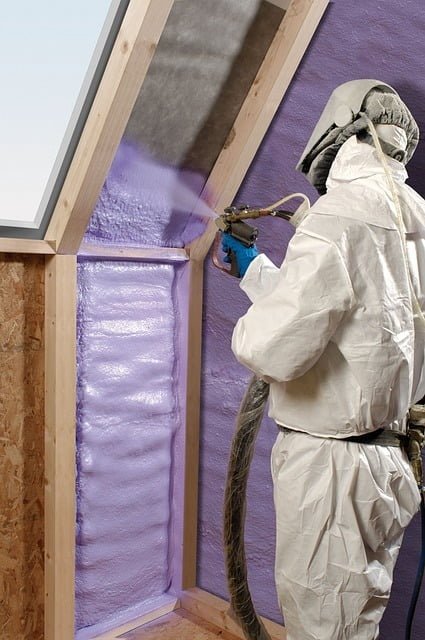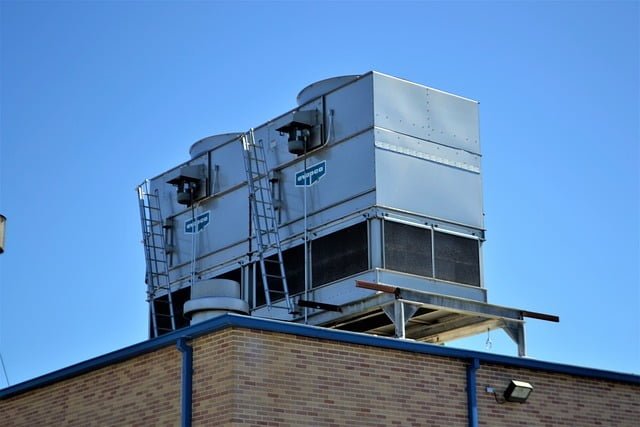While many home improvement projects can be tackled by enthusiastic do-it-yourselfers, some tasks demand the expertise of licensed professionals. Venturing into certain projects without the necessary knowledge and experience may lead to safety hazards, voided warranties, insurance complications, and even legal issues. In this article, we’ll explore 16 home improvements that should not be attempted as DIY projects, emphasizing the importance of hiring licensed professionals for optimal results and peace of mind.
1.Switch Up a Cooktop:

Transitioning from an electric range to a gas stove requires the expertise of both a plumber and an electrician. Incorrect installation can lead to dangerous consequences, making it crucial to follow codes and inspections.
2.Disturb Old Insulation:

DIY asbestos removal is not recommended due to the health risks associated with asbestos fibers. Hiring an asbestos abatement team ensures compliance with regulations and safeguards the well-being of you and your neighbors.
30 Simple Scrap Wood Projects for Beginners: Unleash Your Creativity
3.Repair Your HVAC System:

Handling HVAC repairs without proper training poses risks, including exposure to dangerous refrigerants. A licensed professional with rigorous training and certification is essential for maintaining these complex systems.
4.Replace a Hot Water Tank:
Dealing with electricity and gas lines during water heater installation requires a licensed plumber due to safety regulations, code adherence, and potential risks such as carbon monoxide emissions.
5.Pump the Septic System:
This unpleasant task requires specific equipment and permits for proper waste disposal. Hiring a professional septic pump service ensures the job is done efficiently and hygienically.
6.Interact with Wildlife:
Wildlife control, especially for species prone to carrying diseases like raccoons and bats, should be handled by licensed professionals. Attempting to wrangle these creatures yourself may lead to legal consequences and health risks.
7.Knock Out a Wall:
Removing a load-bearing wall without professional consultation is not only a potential building code violation but also a safety hazard. Permits may be required, and structural damage could compromise your home’s integrity.
8.Tinker with Light Fixtures:
Electrical work related to light fixtures should be left to electricians. Failure to obtain proper permits or professional installation may result in insurance claim denials in case of a fire, a common consequence of faulty wiring.
9.Install a Skylight:
Skylight installation involves precise procedures, and any deviation may void warranties. Hiring a professional with experience ensures the job is done safely and effectively.
🎯 Discover Your Home Decor Style
10.Remove Lead-Based Paint:
Removing lead-based paint is a job best left to qualified specialists due to the serious health risks associated with lead exposure.
11.Cut Down a Large Tree:
Large tree removal requires the expertise of a certified arborist to handle potential hazards and ensure compliance with city ordinances.
12.Replace a Garage Door Spring:
Garage door spring replacement involves tension adjustments that, if done incorrectly, can lead to serious injuries. Hiring a professional ensures a safe and effective replacement.
13Take Out Termites:
Term.ite infestations are best addressed by professional exterminators who have access to potent products not available to the general public.
14.Alter Bathroom Plumbing:
Changes to plumbing lines in a bathroom should be handled by licensed plumbers to ensure compliance with permits and prevent future issues.
15.Demo a Shed
Before demolishing any structure, check local regulations, and obtain necessary permits. Larger sheds with plumbing and electrical connections require additional safety measures.
16.Build a Deck:
Deck construction involves structural planning, permits, and inspections. Any structure attached to a home or exceeding 30 inches in height requires professional expertise.
Conclusion:
While the allure of DIY projects is undeniable, recognizing the limitations and potential risks associated with certain home improvements is crucial. Hiring licensed professionals for tasks that require specialized knowledge ensures the safety of your home and its occupants while avoiding potential legal and insurance complications.

